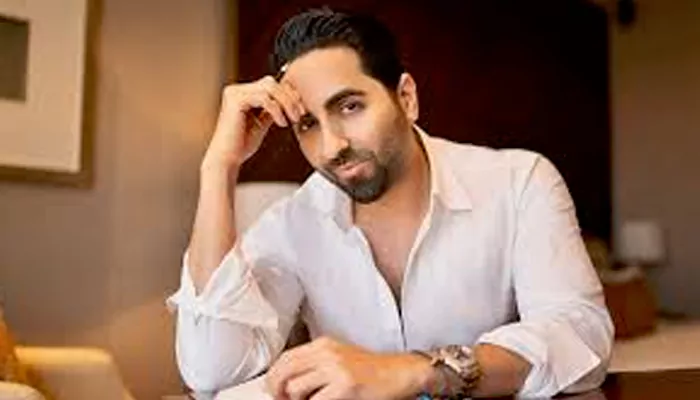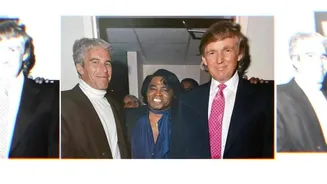A tribute to the star whose films turned everyday taboos into conversations for the big screen
Some actors win audiences with charm, while others win them
with craft. Ayushmann Khurrana brings both, but with something more—courage. His career serves as a reminder that cinema can entertain while also posing uncomfortable questions. On his birthday, it feels fitting to pause and reflect on a journey that redefined the very concept of mainstream Bollywood.

An Unlikely Beginning
Ayushmann’s path was far from ordinary. Long before the film sets, he had already carved a space on television, first as a reality show winner and later as a host. That experience gave him ease with audiences, but his ambitions reached beyond light entertainment. When he arrived in films with Vicky Donor in 2012, playing a sperm donor in a story about infertility, it was clear—this was not going to be the typical hero’s path. It was fresh, funny, yet deeply human. The film opened a door to the kind of cinema Ayushmann would make his own.

Choosing Stories That Matter
In an industry often governed by safe choices, Ayushmann went the other way. He chose scripts that were risky, sometimes even unlikely to work on paper. Dum Laga Ke Haisha spoke of body image and acceptance. Shubh Mangal Saavdhan confronted sexual health with wit. Badhaai Ho highlighted the stigma around late parenthood. Each of these films explored everyday realities that people often avoid discussing openly. What made them special was how Ayushmann carried these narratives with warmth, never letting the social message feel heavy-handed.

Balancing Art with Entertainment
Ayushmann’s real gift lies in balance. He brings to the screen the ordinary man’s struggles, but wraps them in humor, music, and relatability. Bala was about premature balding, but it was also about self-worth. Dream Girl had a comic premise, yet beneath the laughs lay a gentle reflection on loneliness. He has shown that a film can make you think without forgetting to make you smile. That rare blend is why his work resonates so widely.
A Voice of Conscience
Some roles, though, demand solemnity. Article 15 was one such film. It was not a comedy, nor was it comfortable viewing. Inspired by real cases of caste violence, it gave Ayushmann one of his most powerful roles—a young officer confronting an unjust system. His restrained performance spoke volumes and established him as an actor who could step into difficult territory with honesty. For many, it remains one of his defining works.

Beyond the Screen
Ayushmann’s influence is not confined to cinema halls. His off-screen choices reflect a similar sense of responsibility. As a UNICEF Goodwill Ambassador, he advocates for child rights and digital safety. He often speaks of using art as a tool to start conversations rather than end them. This consistency between his roles and his public voice makes him not just a star but a cultural figure who carries meaning beyond fame.
Looking Ahead with Hope
Even as he ventures into new genres—thrillers, comedies, even experiments with fantasy—one expects that core instinct of choosing meaningful work will remain intact. Recognition has followed, from national awards to invitations from global film bodies. Yet, Ayushmann continues to appear grounded, more interested in stories than stardom. On his birthday, that seems the greatest reason to celebrate him—not just for the films he has already given, but for the promise of the many yet to come.














